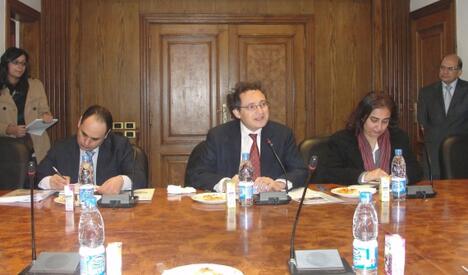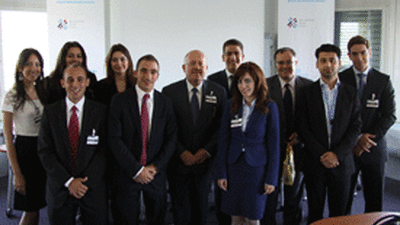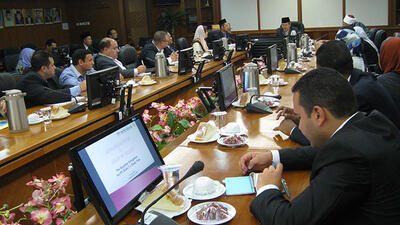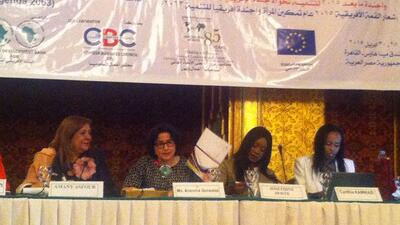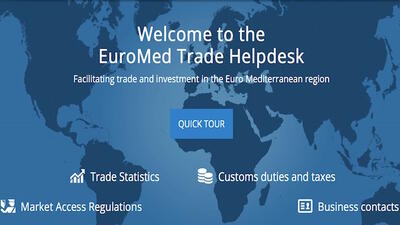ITC y el Ministerio de Industria y Comercio Exterior de Egipto elaboran la hoja de ruta para un mejor equilibrio en el comercio electrónico (en)
Egyptian exporters are struggling to take advantage of the broad range of opportunities presented by electronic commerce amid an absence of laws governing electronic trade and the lack of an integrated organizational framework.
While suppliers and merchants of goods ranging from wood and furniture to leather and food are ready to use e-commerce, they are unable to turn to a single source of information for relevant matters and aren't sufficiently educated in how to profit from online marketing.
That's where ITC comes in. As part of a three-year programme commissioned in 2010 to improve trade among Jordan, Egypt, Tunisia, Algeria and Morocco, ITC's EnACT programme organisers, in collaboration with Egypt's MIFT, assessed the current situation and proposed measures to help Egyptian small and medium-size enterprises (SMEs) - and particularly younger exporters - get the most out of e-commerce.
During a review workshop presentation on 17 January, an ITC team led by Torek Farhadi, ENACT coordinator, presented its conclusions and recommendations, which include creating a `National Council for e-Commerce' and a national e-marketplace. The council, to be led by MIFT, would produce an e-commerce framework and a national action roadmap to promote electronic trading.
The team also recommended the creation of an e-commerce youth volunteering program whose graduates will learn how to set up a new website that can be customised to meet the needs of specific SMEs. Another long-term proposal focusing on the country's younger generation involves adding e-commerce to graduate education.
`The Egyptian 25 January 2011 revolution provided enough evidence of what a country can reach if it empowers its youth to become productive and useful to the country,' ITC said Mr. Farhadi in his presentation.




